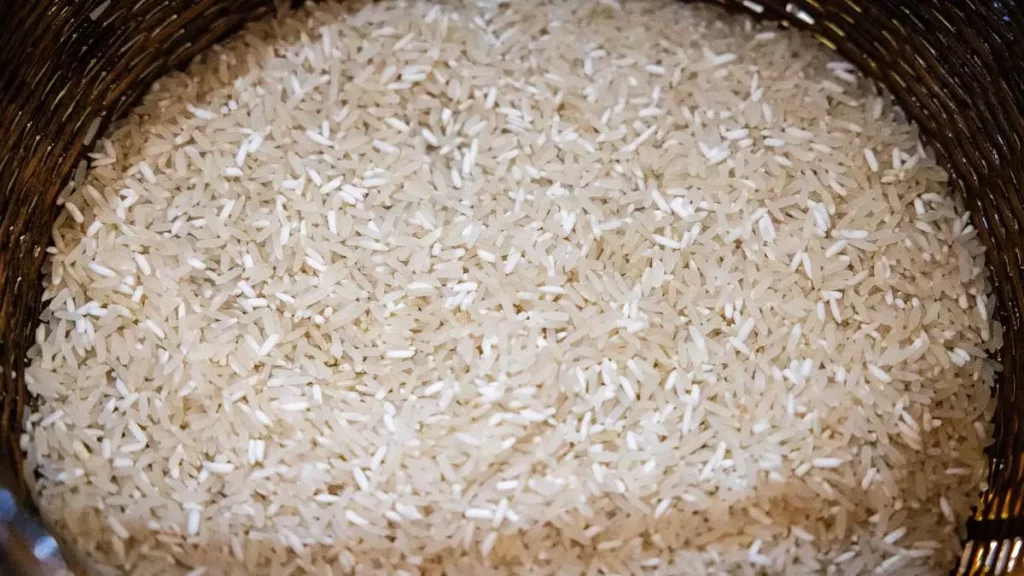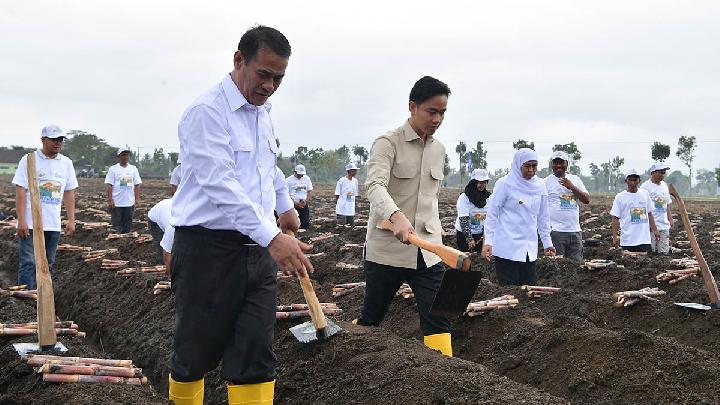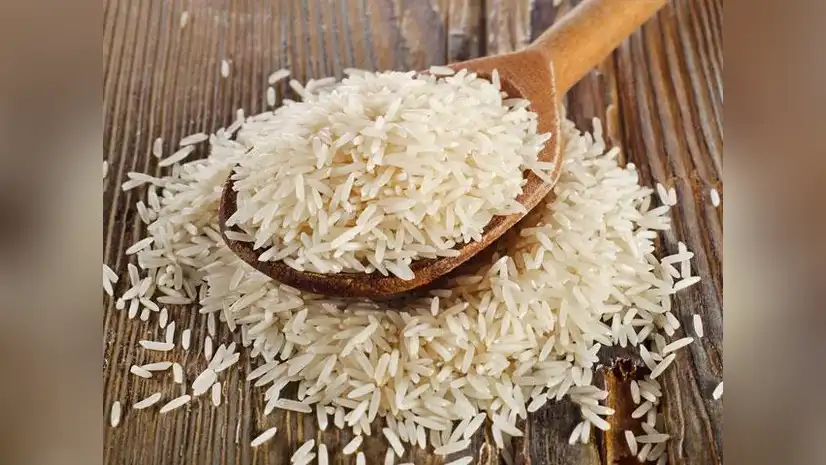Tags
India’s export restrictions on rice may continue in 2024, study says
In the backdrop of India’s restrictions on non-Basmati exports, CSH and ASCII have advocated a long-term and diversified set of import destinations for rice consuming countries

Vienna-based Complexity Science Hub (CSH) and Austria Supply Chain Intelligence Institute (ASCII) have jointly released a research paper wherein they have recommended the import-dependent countries to diversify sourcing rice from one destination to multiple places. In the backdrop of India’s restrictions on non-Basmati exports, they advocated a long-term and diversified set of import destinations for rice consuming countries.
“Having a diversified portfolio of import sources before the occurrence of a shock is crucial. Setting up new major trade streams typically requires more time and effort from both political and logistical perspectives than is usually available when facing a sudden shock,” the agencies said in a report on the impact of export restrictions on rice by India.
Pointing out that the export restrictions are expected to remain in place until at least next year (2024), the report said that further price hikes are anticipated as India plays a significant role in the global rice trade, accounting for about 40 per cent share. Many Middle Eastern and African countries as well as close neighbours heavily depend on India for most of their rice imports, it said.
India, the world’s largest rice exporter, banned non-basmati and broken white rice in July 2023 and allowed shipments of only parboiled rice with a 20 per cent duty. There is also a minimum export price for Basmati rice at $950/tonne, below which no contract can be registered.
Price rise
In India, rice price has risen by 11.5 per cent in the past one year, and benchmark prices for rice in Thailand and Vietnam, the second and third-largest rice exporters globally, climbed by 14 per cent and 22 per cent, respectively.
Establishing a long-term, diversified set of import countries provides a stable and sustainable supply in case of disruptions in the global value chain, it said. Though building such additional trade flows involves additional cost, it should be seen as insurance against supply shocks in increasingly turbulent global value chains, the report said.
However, an official in the Agriculture Ministry said that the export of non-Basmati rice is being allowed on diplomatic request based on each country’s requirement as India is also concerned about the food security of friendly countries. The government has appointed National Cooperative Export Limited (NCEL) as the canalising agency to facilitate the export of non-Basmati rice on diplomatic request.
The report also said that in case there is a complete ban on rice exports by India, African and Middle Eastern countries will face severe losses, reaching up to 304 kg per person, as in the case of Djibouti. “Djibouti, Guinea, Nepal, Benin and Liberia are the countries experiencing the highest total absolute rice loss per capita,” it said.
Complexity Science Hub (CSH) is a joint initiative of Austrian Institute of Technology, Central European University CEU, Austrian Economic Chamber and some universities of Vienna.
https://www.thehindubusinessline.com/economy/agri-business/indias-export-restrictions-on-rice-may-continue-in-2024-study-says/article67580254.ecePublished Date: November 28, 2023






